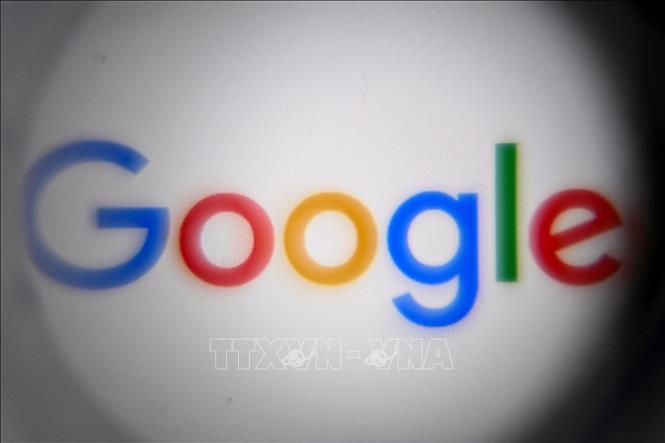Google hits an important milestone in quantum computer development
- Tram Ho

Google icon on smartphone screen. Documentary photo: AFP/VNA
Quantum computing is a revolutionary method of information processing that uses increasingly in-depth scientific insights into the quantum world to create a computer with outstanding capabilities. compared to today’s computers. However, this technology still mainly exists in theory when there are still many thorny problems that scientists cannot solve, including a high error rate.
According to a new study published in the scientific journal Nature, Google’s Quantum Artificial Intelligence (AI) Lab describes a system that could significantly reduce error rates. This is expected to help the leading US technology company overcome competitors who are also researching other quantum computers such as IBM.
Whereas traditional computers process information in units of bits, quantum computers process information in units of qubits. A classical bit (binary bit) can have a value of 0 or 1 while qubits represent both at the same time (superposition). This superposition means that quantum computers can process a large number of potential outcomes at once. However, this ability is significantly hampered by a problem called “decoherence”. In quantum physics, this is a state of loss of quantum coherence. In quantum computers, this condition causes qubits to lose information when leaving the quantum state to connect with the outside world. This leads to a high error rate, which also increases as the number of qubits increases. Therefore, scientists have stepped up research to find ways to overcome this situation.
In newly published research, Google’s team of scientists has for the first time introduced a system that uses error-correcting coding to detect and correct errors without affecting information. According to expert Hartmut Neven, the theoretical foundation of this system has been laid out since the 1990s, but previous efforts have only led to more errors, not less. However, if all parts of the system have low error rates, then quantum error correction comes into play. The study’s co-author, Julian Kelly, considers this an important milestone, saying that quantum error correction is an important single technology for future quantum computer development. However, scientist Neven is not really satisfied with the above results, confirming his desire to bring the error rate to a lower level.
Source : Genk
